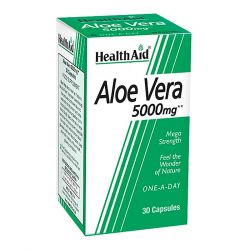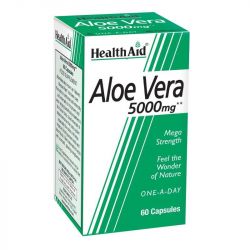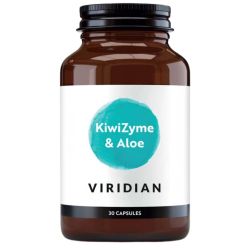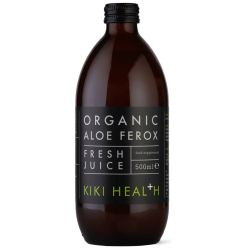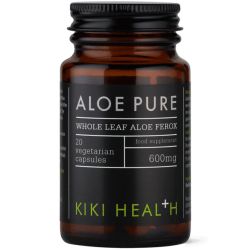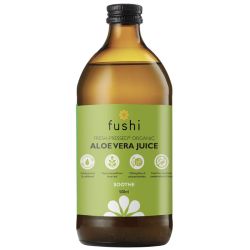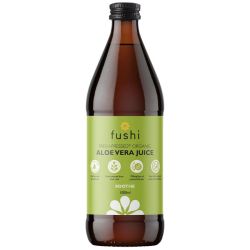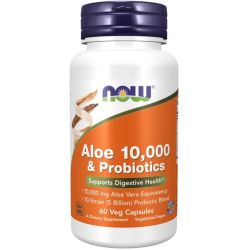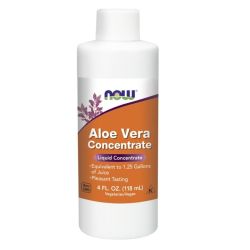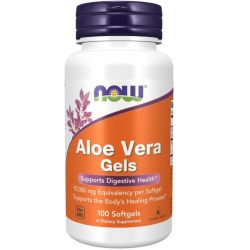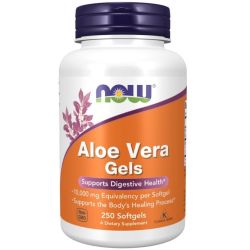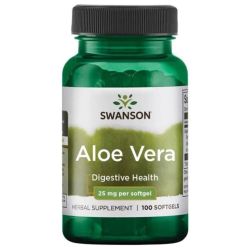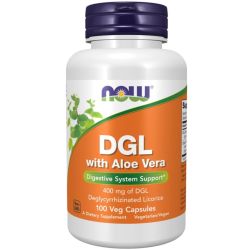Aloe Vera Juices & Supplements
Aloe Vera is a plant which has thick flesh leaves. Inside the leaves is a liquid which is traditionally then used in many of the supplements and juices.
Aloe Vera is famously known for its antibacterial, antiviral and antiseptic properties which is why it is so popular as a gel or cream to be applied topically to the skin. That said, Aloe Vera also contains polyphenols which are strong antioxidants. These can help to reduce the damage caused by free radicals in the body.
Aloe Vera is also a good to provide relief from constipation. Aloe Vera contains a substance called Aloin which has well documented laxative effects.
All you need to know about Aloe Vera Juices & Supplements
Can aloe vera supplements help my skin?
If you are struggling with a skin condition such as psoriasis, dandruff or seborrhea, aloe vera can be a good treatment thanks to its soothing and healing properties. It can also be used to treat skin abrasions, minor cuts and sores, and skin that may have been slightly burned. It is also useful in treating acne and herpes sores.
What are the benefits of aloe vera supplements?
Aloe vera juice contains latex, which is a strong laxative. If you are struggling with constipation, or find it difficult to have regular bowel movements, speak to your GP about taking aloe vera leaf juice or tablets on occasion, as this may help. Around 100-200mg of aloe vera juice should have the desired effect, if taken daily. Aloe vera juice can also help to lower cholesterol and blood sugar levels, making it a popular supplement for those with diabetes.
What are the side effects of aloe vera supplements?
Oral aloe vera drinks and supplements can cause loose stools, excess gas and bloating and stomach cramps. If you are taking aloe vera for constipation, discontinue use if this occurs. If aloe vera supplements are ingested for more than a couple of days, this could cause electrolyte imbalances within the blood. Staining of the colon has also been reported, which could prove problematic for those who need to have an endoscopy. If applied to the skin, some people can experience allergic reactions such as rashes. You should not take aloe vera supplements if you suffer from kidney problems, heart disease or electrolyte imbalances. Always consult your GP before taking supplements.
Is it safe to take aloe vera tablets daily?
You should always consult your GP before taking supplements to ensure that you are using them correctly. Oral aloe tablets and supplements, if taken daily, may be unsafe, especially if they are taken for several days in succession. Aloe latex has the potential to cause cancer and kidney damage if too much is ingested.

